Memory Foam Mattress Health Issues: What You Need to Know
If you're considering purchasing a memory foam mattress, you may have heard some concerns about its potential health effects. While memory foam mattresses have become increasingly popular in recent years, there are still some lingering questions about their impact on our health. In this article, we'll address the top 10 health issues associated with memory foam mattresses and offer solutions to help you make an informed decision.
Memory Foam Mattress Health Concerns and Solutions
One of the main concerns about memory foam mattresses is their potential to emit harmful chemicals, such as volatile organic compounds (VOCs), into the air. These chemicals can cause irritation to the eyes, nose, and throat, as well as headaches and nausea. To avoid this issue, look for memory foam mattresses that are CertiPUR-US® certified, which ensures they are free from harmful chemicals.
Memory Foam Mattress Health Risks and How to Avoid Them
Another potential health risk associated with memory foam mattresses is their ability to retain heat. This can be uncomfortable for those who tend to sleep hot, and it can also disrupt the body's natural cooling process during sleep. To combat this, look for memory foam mattresses with cooling gel or open-cell technology that allows for better airflow.
Memory Foam Mattress and Your Health: The Truth Behind the Hype
One of the most touted benefits of memory foam mattresses is their ability to relieve pressure points and reduce back pain. While this may be true for some individuals, it's important to note that not all memory foam mattresses are created equal. Look for mattresses with a medium-firm to firm level of support to provide proper spinal alignment and alleviate back pain.
Memory Foam Mattress and Back Pain: What You Need to Know
For those with allergies or asthma, there may be concerns about the potential allergens in memory foam mattresses. However, studies have shown that memory foam mattresses are actually resistant to dust mites, making them a good option for those with allergies. To further reduce allergens, consider using a hypoallergenic mattress cover.
Memory Foam Mattress and Allergies: Separating Fact from Fiction
Some people may also have concerns about the off-gassing smell that can come from new memory foam mattresses. While this odor is not harmful, it can be unpleasant. To reduce the smell, let the mattress air out in a well-ventilated room for a few days before using it, and consider using a mattress cover to further minimize the smell.
Memory Foam Mattress and Sleep Apnea: What You Need to Know
For those who suffer from sleep apnea, it's important to find a mattress that allows for proper air circulation and supports the head and neck. Memory foam mattresses can provide this support, but it's important to choose one with a medium-firm to firm level of support to prevent sinking in too deeply, which can obstruct the airway.
Memory Foam Mattress and Chemical Sensitivities: What You Need to Know
Pregnant women may also have concerns about the safety of memory foam mattresses for themselves and their baby. While there is no evidence to suggest that memory foam mattresses are harmful during pregnancy, it's important to choose one that is CertiPUR-US® certified to ensure it is free from harmful chemicals.
Memory Foam Mattress and Pregnancy: What You Need to Know
There have also been concerns about the potential link between memory foam mattresses and Sudden Infant Death Syndrome (SIDS). However, there is no scientific evidence to support this claim. To reduce the risk of SIDS, always follow safe sleep practices for infants, such as placing them on their back to sleep and using a firm mattress.
Memory Foam Mattress and SIDS: Separating Fact from Fiction
In conclusion, memory foam mattresses can offer a comfortable and supportive sleep surface for many individuals. While there are some potential health concerns associated with them, these can be mitigated by choosing a high-quality mattress and using proper sleep practices. By being informed and making the right choices, you can enjoy all the benefits of a memory foam mattress without worrying about potential health risks.
The Health Concerns of Memory Foam Mattresses

The Rise in Popularity of Memory Foam Mattresses
 Memory foam mattresses have become increasingly popular over the years due to their ability to conform to the shape of one's body, providing a comfortable and supportive sleep experience. However, with this rise in popularity, concerns have also emerged regarding the potential health issues associated with memory foam mattresses.
Memory foam mattresses have become increasingly popular over the years due to their ability to conform to the shape of one's body, providing a comfortable and supportive sleep experience. However, with this rise in popularity, concerns have also emerged regarding the potential health issues associated with memory foam mattresses.
Chemicals Used in Memory Foam
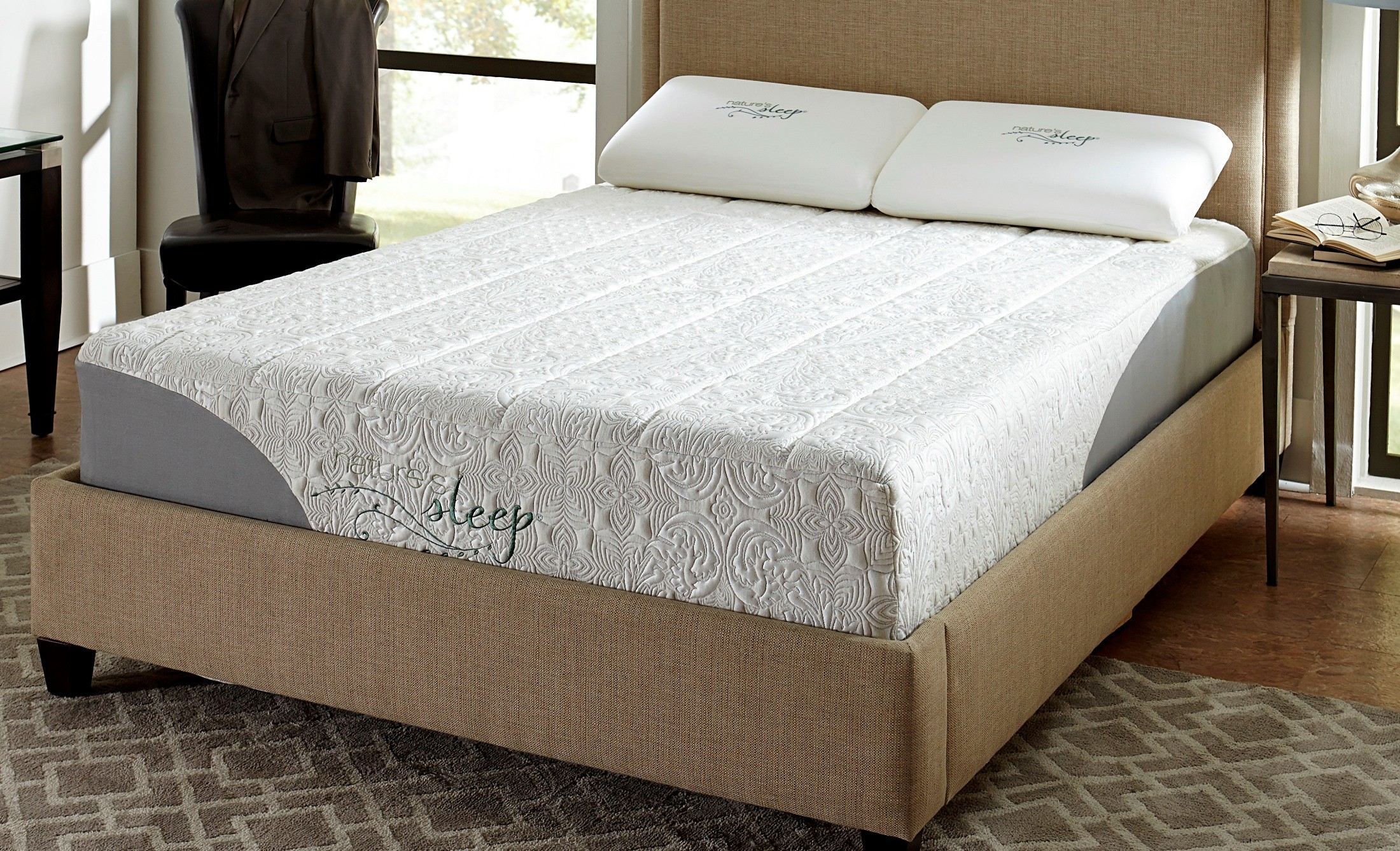 One of the main concerns with memory foam mattresses is the chemicals used in their production.
Polyurethane foam
, the main material used in memory foam, is often made with volatile organic compounds (VOCs) and
formaldehyde
, which can be harmful to human health. These chemicals can emit off-gas, which is a process where chemicals are released into the air, potentially causing respiratory and skin irritation.
One of the main concerns with memory foam mattresses is the chemicals used in their production.
Polyurethane foam
, the main material used in memory foam, is often made with volatile organic compounds (VOCs) and
formaldehyde
, which can be harmful to human health. These chemicals can emit off-gas, which is a process where chemicals are released into the air, potentially causing respiratory and skin irritation.
Dangerous Flame Retardants
 In addition to the chemicals used in the foam itself, memory foam mattresses are also often treated with flame retardants to meet safety standards. These flame retardants are known to
contain toxic substances
that can have negative effects on human health, such as disrupting hormones and causing developmental issues.
In addition to the chemicals used in the foam itself, memory foam mattresses are also often treated with flame retardants to meet safety standards. These flame retardants are known to
contain toxic substances
that can have negative effects on human health, such as disrupting hormones and causing developmental issues.
Health Concerns for Certain Individuals
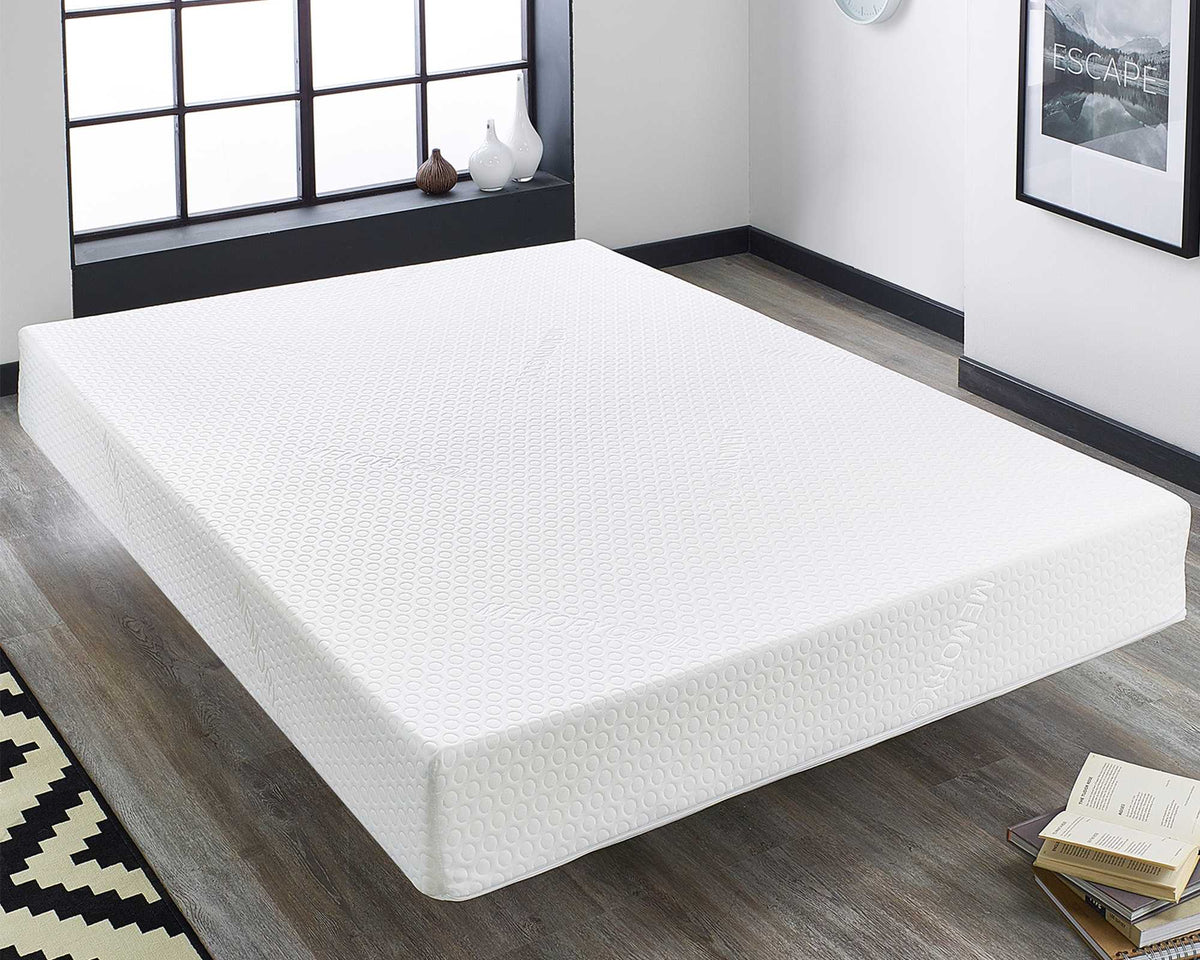 While memory foam mattresses can provide relief for individuals with back pain or joint problems, they may not be suitable for everyone.
People with allergies or asthma
may experience symptoms triggered by the off-gassing of chemicals in memory foam. Additionally, the foam's ability to conform to the body can sometimes cause discomfort for those with mobility issues or those who need to frequently change positions while sleeping.
While memory foam mattresses can provide relief for individuals with back pain or joint problems, they may not be suitable for everyone.
People with allergies or asthma
may experience symptoms triggered by the off-gassing of chemicals in memory foam. Additionally, the foam's ability to conform to the body can sometimes cause discomfort for those with mobility issues or those who need to frequently change positions while sleeping.
Safe Alternatives
 If you are concerned about the potential health risks associated with memory foam mattresses, there are safe alternatives available. Look for
certified organic mattresses
made with natural materials such as organic cotton, wool, and latex. These mattresses are free from harmful chemicals and provide a healthier sleep environment.
In conclusion, while memory foam mattresses offer many benefits, it is important to be aware of the potential health concerns associated with their use. Consider the materials used in your mattress and opt for healthier alternatives if needed. Your health and well-being should always be a top priority.
If you are concerned about the potential health risks associated with memory foam mattresses, there are safe alternatives available. Look for
certified organic mattresses
made with natural materials such as organic cotton, wool, and latex. These mattresses are free from harmful chemicals and provide a healthier sleep environment.
In conclusion, while memory foam mattresses offer many benefits, it is important to be aware of the potential health concerns associated with their use. Consider the materials used in your mattress and opt for healthier alternatives if needed. Your health and well-being should always be a top priority.

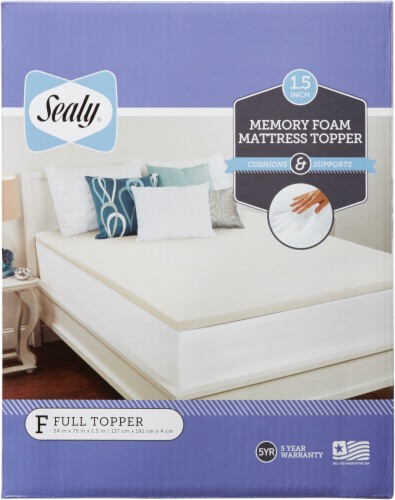







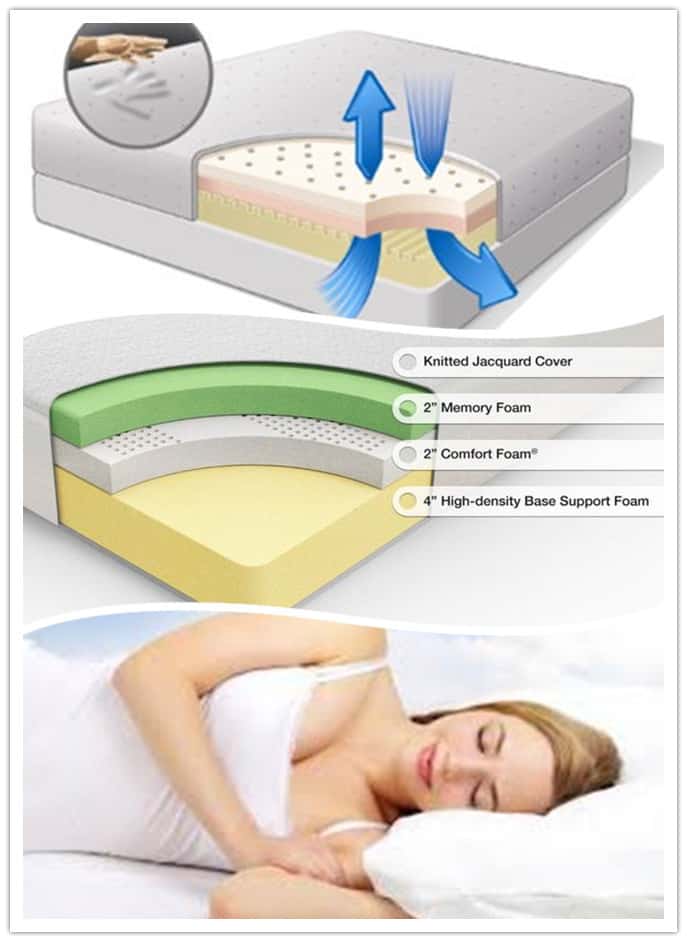







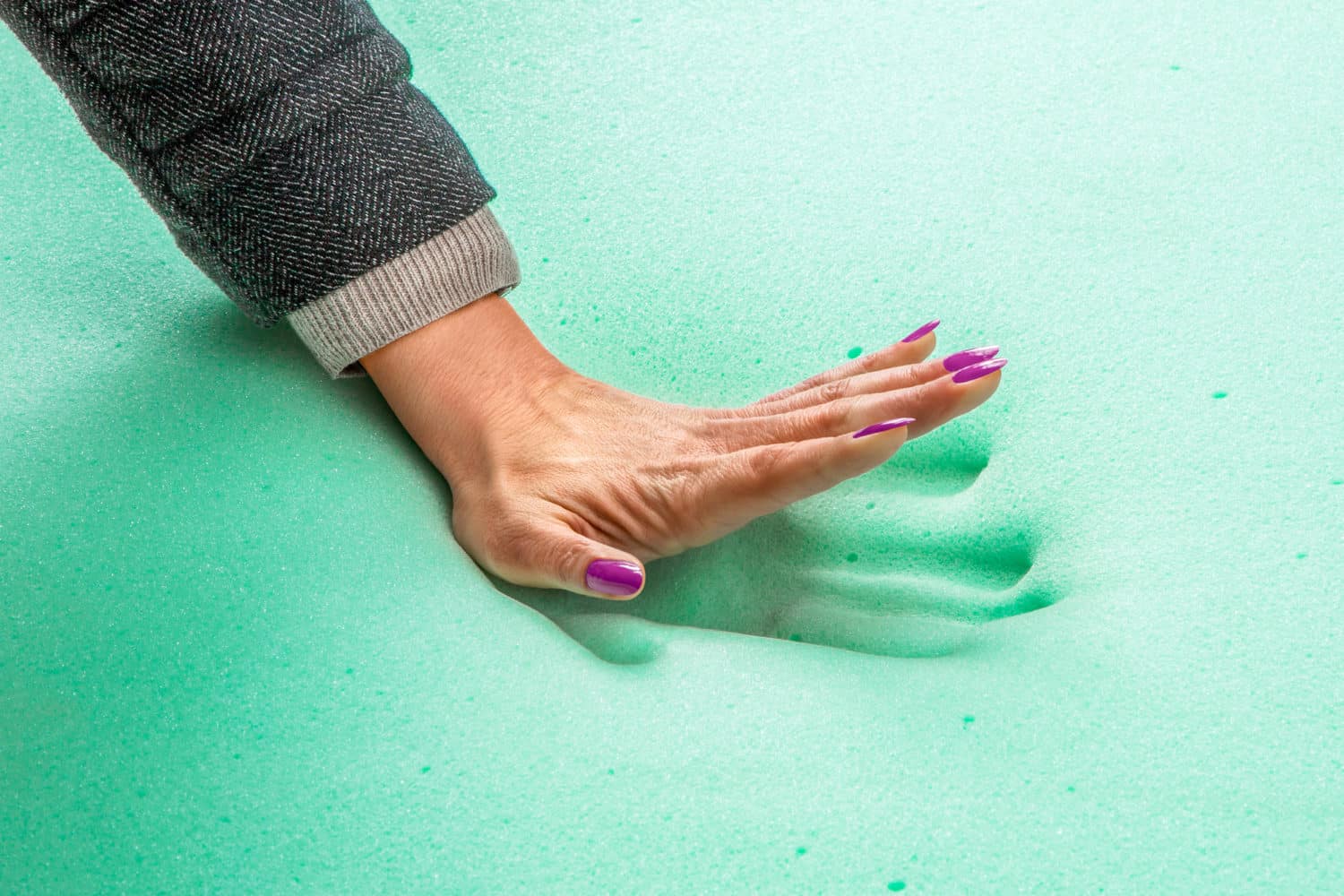

















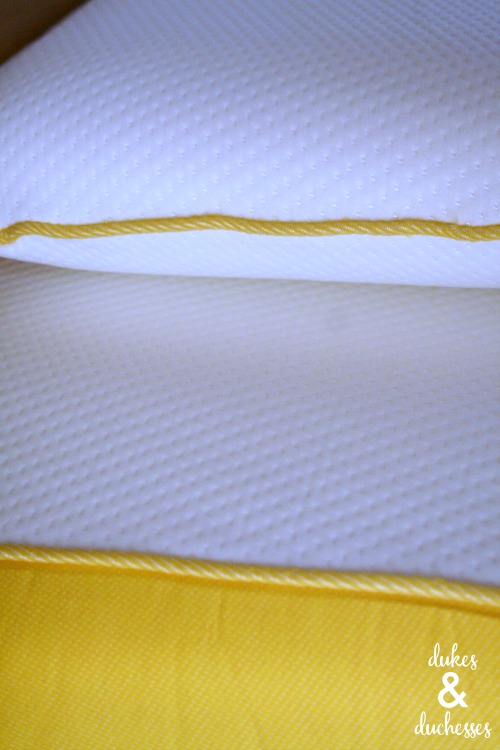




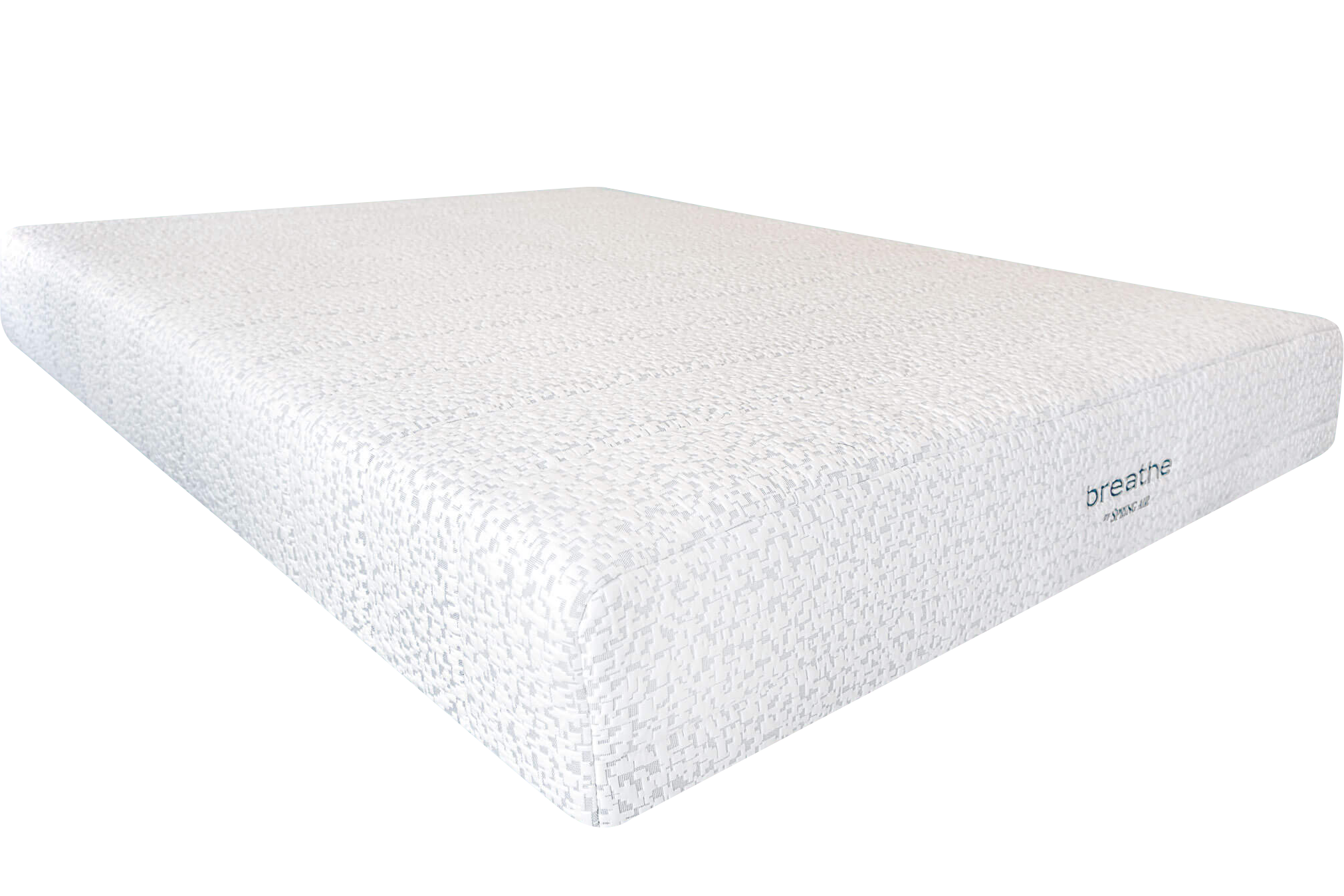



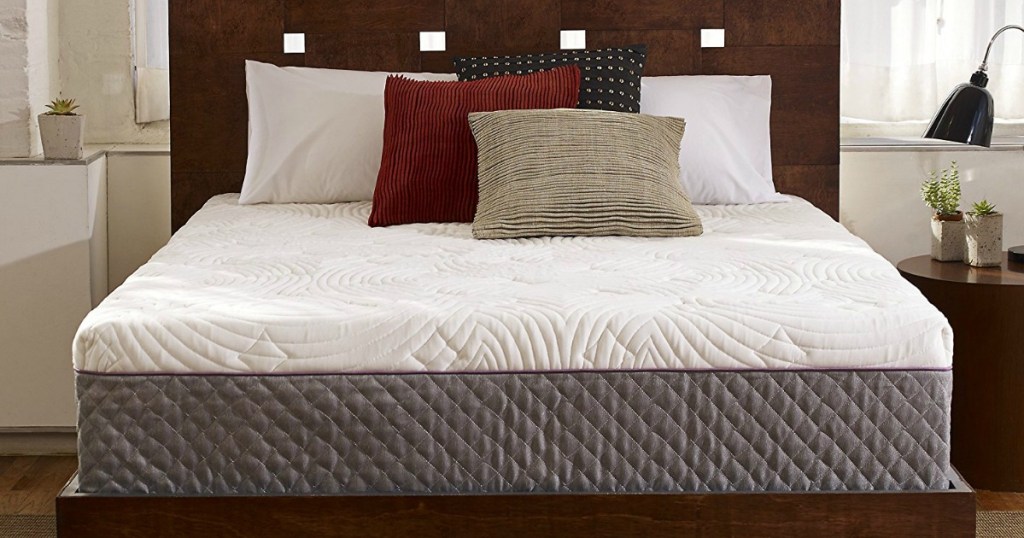




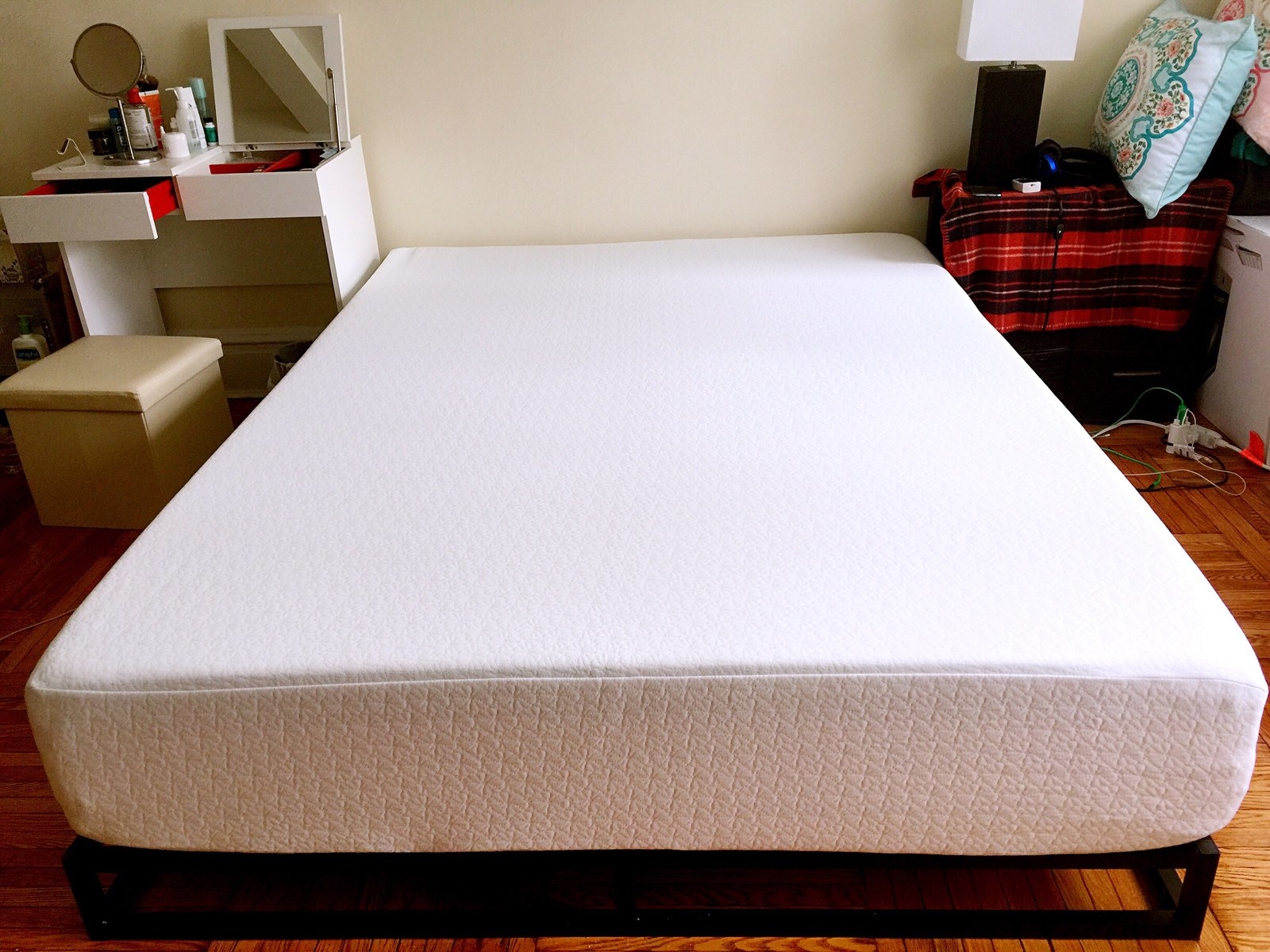














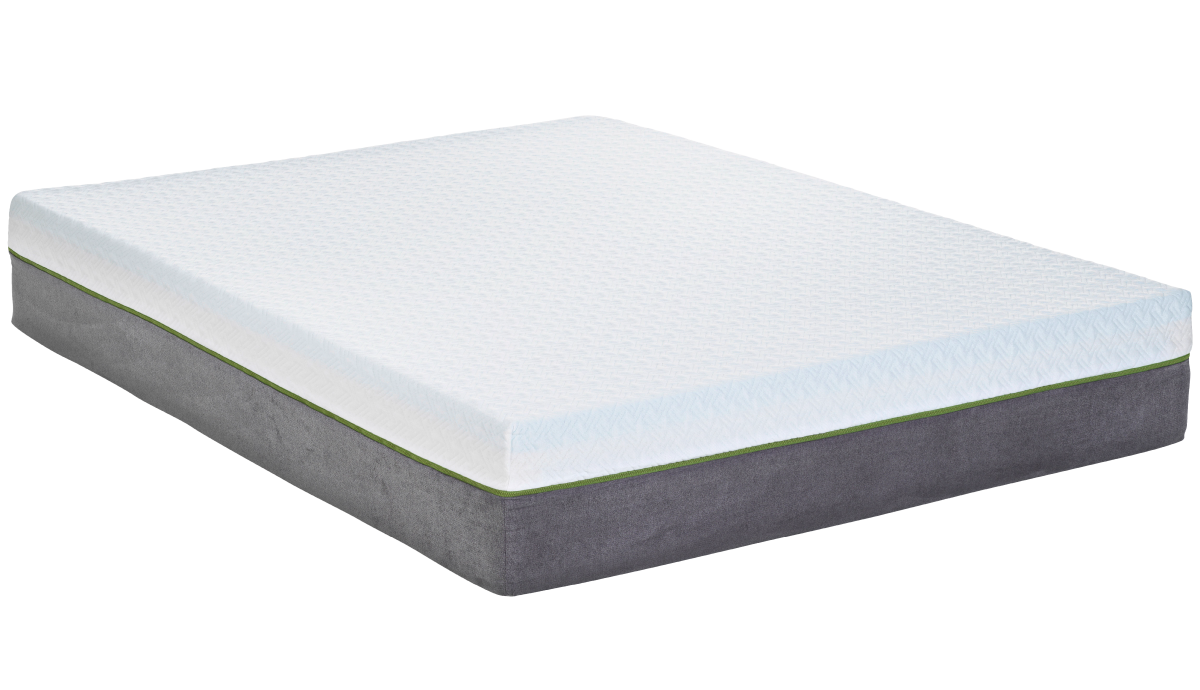


:max_bytes(150000):strip_icc()/Layerwhiteonwhite-fd4a1982518b4bcb85f576d6d44c216f.jpg)




